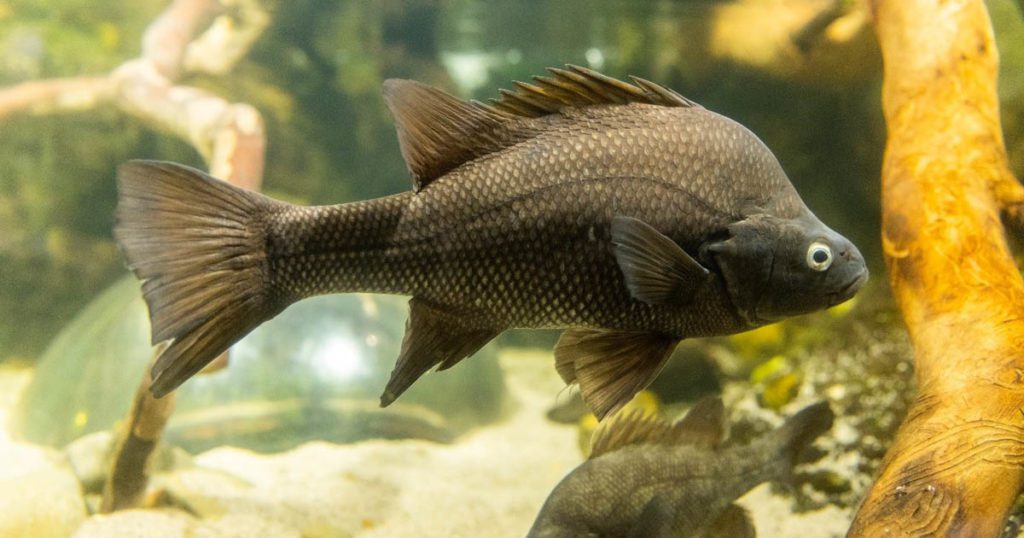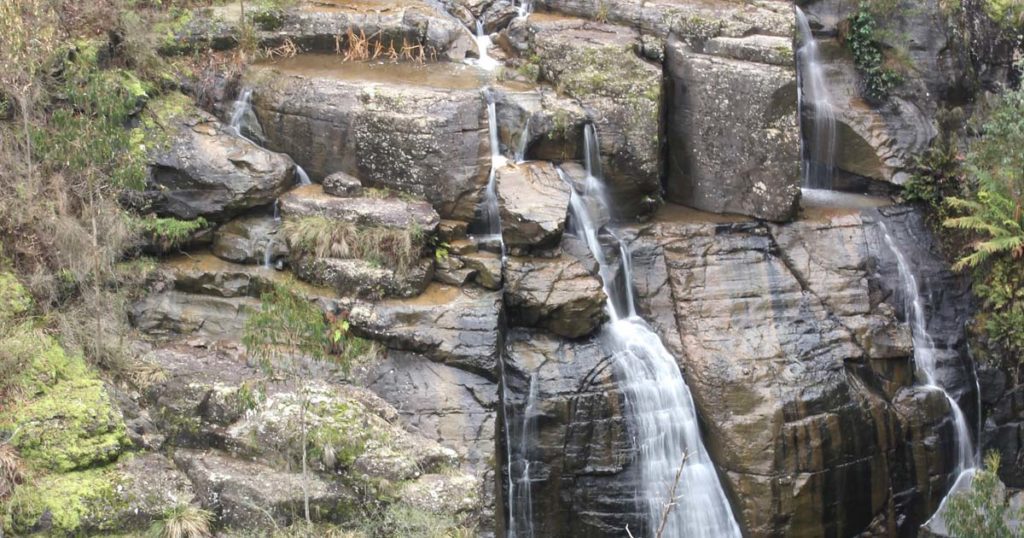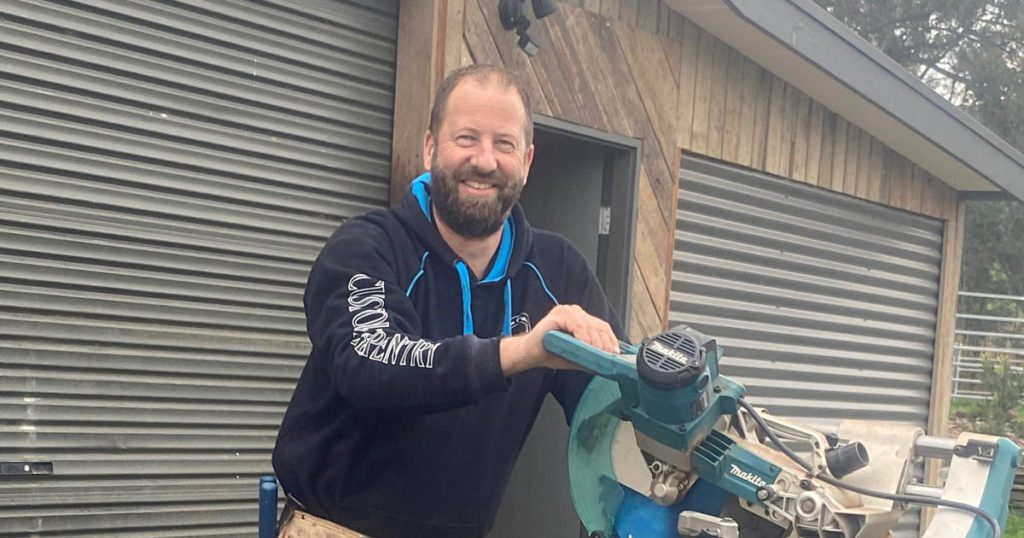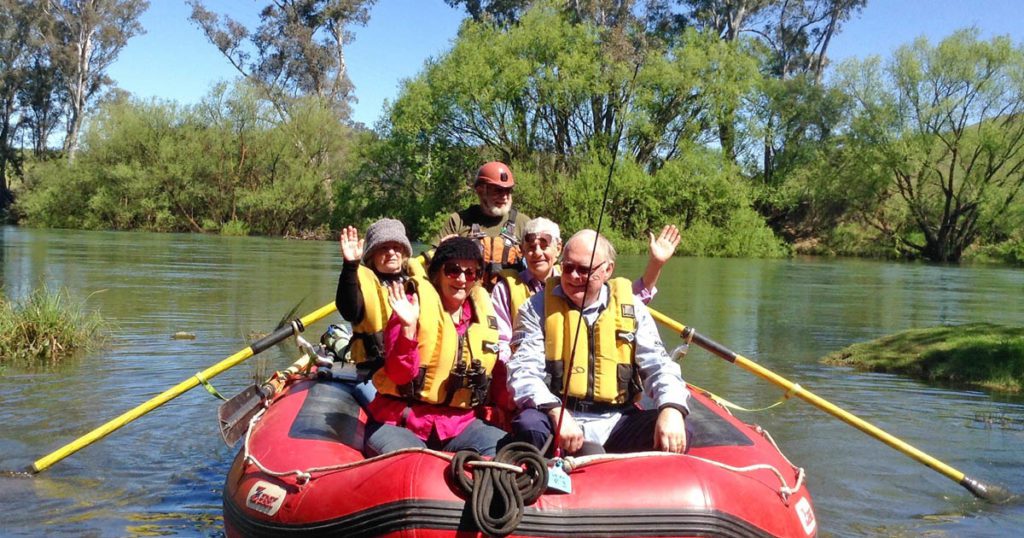By Emily Friedel
Sam Bate and Rob Christopher have an ambitious vision for the mountains of fruit waste currently going into stock feed or landfill. They want to build a local fruit-processing plant that can handle the thousands of tonnes of perfectly edible, but unsaleable, fresh produce coming off farms every year. Such a processing plant would enable fruit that is not fit for retail sales to be converted into high-quality food products.
The problem of unwanted fruit harvests is a big one, according to Sam, and desperately needs a solution.
“We calculated that it’s probably around 3,000 tonnes which is wasted from cherries alone in Victoria [each season], so there’s obviously still more contribution from New South Wales and Tassie, but that’s what we’ve anecdotally worked out from speaking to growers. And that represents around 20 to 30 percent of the crop,” he says.
“The industry is expanding positively, and this problem is not going away. There have been concerted efforts from certain people within the industry to tackle it, but no-one’s been able to do it really successfully just yet.”
Rob says the copious amounts of discarded produce also represent a substantial monetary burden for growers, who get no financial return from this imperfect fruit and may even have to pay for its disposal.
“These farmers have had to pay to grow that fruit all year, they’ve fertilised the trees, they’ve pruned the trees, they’ve then paid to have the fruit picked, they’ve paid to have it transported and then graded, to then throw it away at a cost. So that’s massive losses for these growers,” he says.
Determined to find a fix for the enormous fruit waste problem, Rob and Sam set to work on their project: “Transforming cherry waste into commercially viable high value products”. Late last year, the project became a successful funding recipient through the Victorian Government’s Circular Economy Business Innovation Centre, delivered by Sustainability Victoria. This grant has seen Sam and Rob make tangible progress towards their grand vision, giving them the resources to invest in some infrastructure and devote more time to the venture. Their initial goal, as set out in the grant, is to divert 500 tonnes of would-be waste into food products. With Rob’s family owning Cathedral Cherries, cherries made a logical starting point for working towards this goal.
“We have been taking Cathedral’s current season’s crop, plus cherries from Wandin Valley, CherryHill Orchards, and Koala Orchards. So, they’re the three main growers, and they’ve all been donating cherries to us for processing. They’ve been supporting us not only with cherries but in any way they can,” Sam says.
Bellevue Orchards in Officer has also supplied equipment to pulp and juice the cherries. This equipment has been set up on Rob’s property, which also houses the Bonfire Station Brewery, allowing the fruit waste experimentation to begin in earnest.
Sam, who has a background as a chef and caterer, has gladly accepted the challenge of developing high-end products from unwanted cherries. Rob’s brewing knowledge, and the brewery itself, have also come in handy. So far, they have developed several viable products, two of which should hit the market in October. One of these is a unique “cherry fruit bark” made from cherry puree.
“When you start to pulp cherries, you have juice and pulp. Separating the juice and the pulp is really difficult with cherries. They’ll give you, say, 40% juice, and if you want any more than that, they’ll fight you for it. They don’t make it easy. We wanted to not fight as much, and then hopefully trade off the virtues of what we had. So, the cherry fruit bark is simply cherry puree that has been freeze dried, and the freeze-drying process makes it crispy like honeycomb. We’ve also gone one step further and coated it in chocolate – it’s perfect for chocolate,” Sam says.
The versatile cherry pulp has also served as a base for producing some innovative alcoholic beverages.
“Cherries aren’t a stable product; they love to ferment. There’s a lot of sugar in cherries, they come off the tree with around 18% sugar, which is like wine grapes. The other thing that happens when you pulp fruit is that you release pectic enzymes, which further break that fruit down. And that releases more juice. However, it’s not easy to use that juice for still juice anymore because it’s starting to ferment. So what we’ve done is develop a distilled spirit using the pulp,” Sam says.
“It’s such an easy product to use a lot of cherries. So, one regular 700ml bottle of spirit at 40% ABV takes ten kilos of cherries. And there’s no sugar added, there’s no grain added, we’re just using the most amount of fruit possible in order to get that product.”
The pair are also trialling cherry vinegar, a 100% cherry liqueur, cherry and apple cider, and whole cherries in liqueur. Sam says he is confident that all of these are promising products, and they’re only the tip of the iceberg.
“There’s definitely a market for any one of these products. And then there’s bulk juice products and bulk pulp products that we haven’t even dipped into”.
Their exciting range of cherry-based prototypes marks substantial progress, which has been facilitated by the generous industry support. However, Rob and Sam emphasise that they’ll need more people on board to achieve their ultimate goal.
“Our long-term vision is to see a big processing facility set up locally here where all the growers can bring their waste fruit, we process it, and then distribute it out to the big food businesses. That would be a multi-million-dollar facility, so we’re looking for financial partners,” Rob says.
Sam adds: “We’d also love people to get in contact with us with their own stories, trials, needs, ideas. Anybody. Even people with a small crop that they don’t know what to do with.”
And while cherries have been a convenient starting point, Sam and Rob want to expand their capabilities to deal with any fruit, including any other stone fruits and citrus, that would otherwise be wasted. They believe that with strategic collaborations, it is entirely possible to eliminate fruit waste and all its associated drawbacks.
“We’re doing all the development, and we’re looking for the right people to partner with to see this to fruition, to tackle this problem to the end,” Sam says.
For more information contact Rob and Sam via cathedralcherries@gmail.com.au or sambate@customcuisine.com.au
You can also find Sam on LinkedIn at https://www.linkedin.com/in/samuel-bate-14309473/



